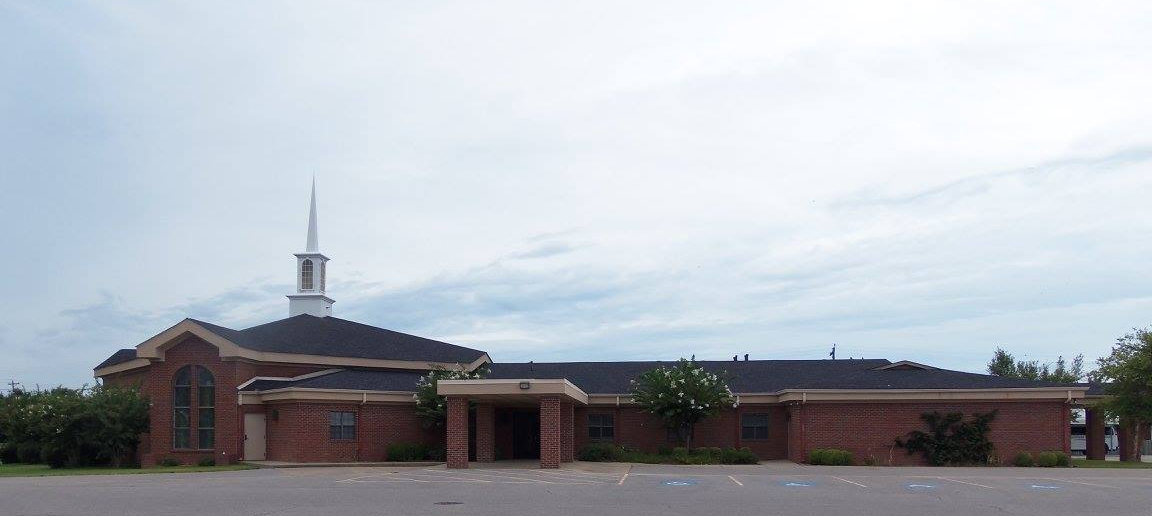My wife and I took a bit of a vacation last week. We greatly enjoyed and appreciated the time of visiting with family and friends that we don’t often see. One of the things we were able to do on this vacation was to visit a couple of attractions that are of special interest to me: the Ark Encounter and the Creation Museum. While visiting those two attractions I was reminded and deeply impressed with a few facts concerning our younger generations. Young people are questioning and abandoning religion at what seems to be an ever increasing rate. Why?
There are multiple factors that contribute to this trend and it’s not limited to churches of Christ. Almost every religious group claiming any affiliation or connection to Christianity seems to be experiencing similar situations. According to the statistics I have encountered most of the young people who are abandoning the beliefs and religions of their forefathers are in the late teenage to late 20s age group (high school and college ages). Again, why?
The answer seems to lie in the educational system that these young people are going through. Every high school and college level textbook of which I am aware (and I am sure many others, as well) that deals with the subjects of origins, geology, anthropology, and human history teach the Theory of Evolution as fact. It is sometimes call by different names, depending on who is doing the calling: “Natural Evolution,” “Atheistic Evolution,” “Organic Evolution,” etc., but it all leads to the same thing – a Godless universe and a Godless existence. How did we (society) get to this point?
Unfortunately, at least some of the blame can be laid at the feet of “Christian” leaders and “Christian” parents. Although others had gone before him, when Charles Darwin unveiled his Origin of Species in 1859 a trend was begun that has been gaining momentum ever since. All the “best scientific minds” have adopted this theory and have continued to promote and extol its “virtues.” As parents and, in many cases, preachers and church leaders, we have often felt ill equipped to argue against “proven science,” especially in light of the fact that the court system, school administrators, and other politicians have usually sided with the “anti-God faction.” So, what can we do?
Our children spend at least 35 or more hours a week being educated by an educational system that from kindergarten to advanced university degrees has been wholly overtaken by those who believe in and promote in every way possible the evolutionary theory. If a child is present at every service offered by most congregations they will receive, at most, about two hours of Biblical instruction per week, very little of it devoted to the origins of the universe and humanity. Sadly, even some of that time will be devoted to teaching some sort of compromise with the evolutionary theory. A fact that was brought home to me in a forceful fashion is this: If Genesis chapters 1-11 do not contain the actual account of creation and the early history of humanity, how can you trust the rest of the Bible? If God did not create Adam and Eve how can we know that Jesus is the Savior or that heaven and hell exist? The short answer is that we cannot. So, what should we do? Educate ourselves!
For the past several years a multitude of material has been produced that substantiates and verifies the Biblical account of creation, the Flood, and other Biblical claims. This material is readable, understandable, and is scientifically equal to anything produced by the evolutionary community.
If you have children, grandchildren, great-grandchildren or any other young person in your circle of influence who may be questioning the accuracy and authenticity of God’s word there are at least two books you should acquire and read: Creation Compromises by Bert Thompson, Ph.D. (published in 1995) and Convicted: A Scientist Examines the Evidence for Christianity by Brad Harrub, Ph.D. (published in 2010). These books, as well as others equally valuable for the purpose, are available at reasonable prices through Amazon or other vendors. Teach the younger generations to rely on God, because if you can’t rely on God, who can you rely on?

Comments are closed, but trackbacks and pingbacks are open.